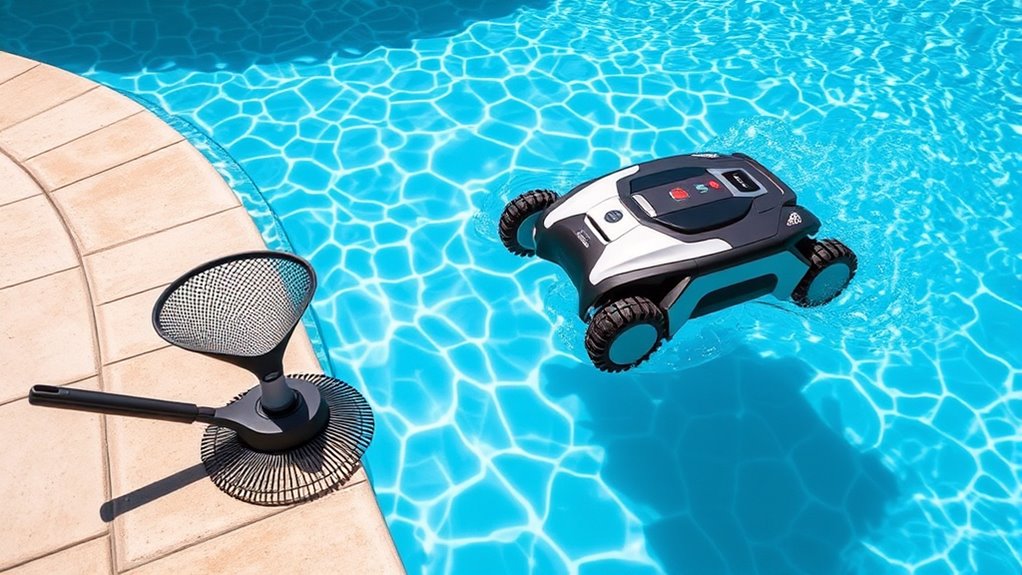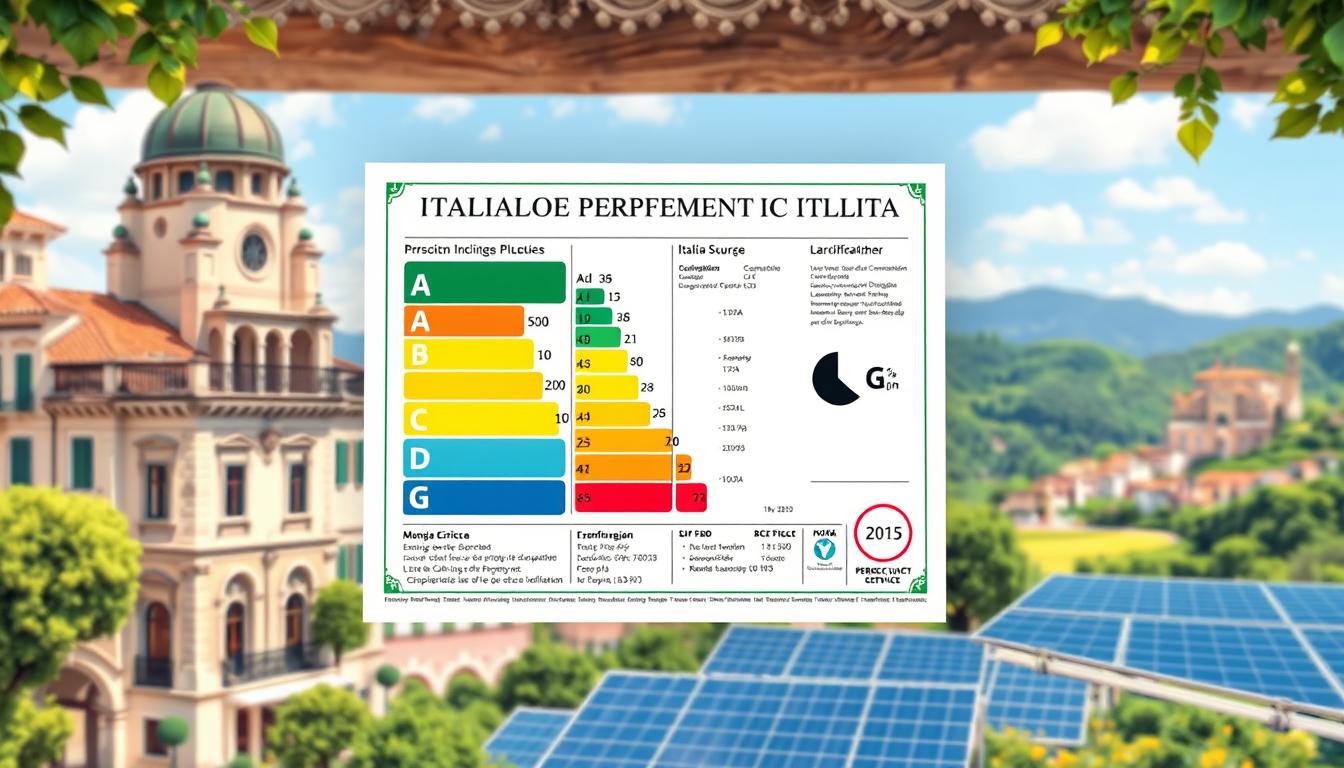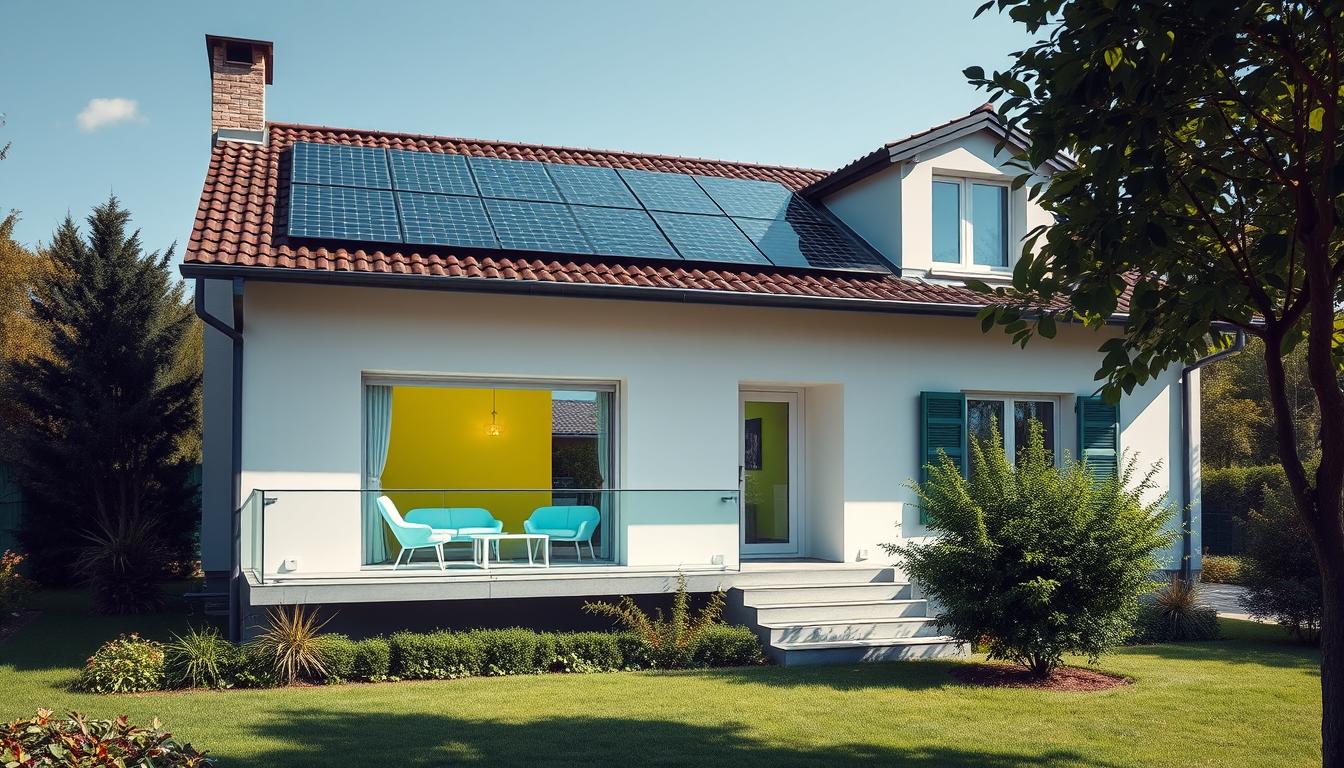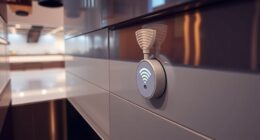Even with automatic cleaners, you still need to perform manual tasks like regularly inspecting and cleaning skimmer and pump baskets, checking and balancing water chemistry, and monitoring equipment condition. You should also routinely clean filters and guarantee proper chemical levels to keep your pool safe and clear. These simple, ongoing tasks prevent issues and extend your equipment’s lifespan. Keep going to discover more essential tips for keeping your pool in top shape.
Key Takeaways
- Regularly inspect and clean skimmer and pump baskets to prevent debris buildup that automatic cleaners might miss.
- Check and replace filters periodically to maintain optimal water flow and filtration efficiency.
- Monitor and adjust water chemistry levels, including pH and sanitizer, to ensure a healthy swimming environment.
- Manually brush and vacuum pool surfaces to remove stubborn dirt and algae not handled by automatic cleaners.
- Keep an eye on equipment condition and perform routine maintenance to prevent malfunctions and prolong system lifespan.

Maintaining a clean and inviting pool can be time-consuming, but automatic cleaners make the process much easier. They handle the bulk of debris removal, saving you hours of manual skimming and vacuuming. However, even with these devices doing the heavy lifting, there are essential tasks you still need to stay on top of to keep your pool in prime condition. Two of the most important are filter replacement and chemical balancing. Neglecting these can lead to cloudy water, algae growth, and equipment damage, undermining the benefits of your automatic cleaner.
Filter replacement is critical because your pool’s filtration system is responsible for trapping dirt, debris, and microscopic particles. Over time, filters become clogged or worn out, reducing their efficiency. You might notice your automatic cleaner struggling to pick up debris, or the water looking dull despite regular cleaning. To prevent this, you should inspect your filters regularly and replace them as recommended by the manufacturer—usually every few months. This simple step ensures your system maintains optimal flow and filtration, helping your pool stay clear and inviting. Remember, a clean filter not only improves water quality but also prolongs the lifespan of your pump and other equipment. Additionally, using high-quality filters can enhance overall filtration efficiency and maximize filtration performance, making your pool maintenance more effective. Regular filter maintenance can also prevent equipment damage caused by debris buildup. Staying on top of these replacements ensures your filtration system remains efficient and reliable.
Regular filter replacement ensures optimal flow, clear water, and extends your pool equipment’s lifespan.
Chemical balancing is equally vital, even with an automatic cleaner at work. Proper chemical levels help prevent algae growth, bacteria, and cloudiness, ensuring your pool water is safe and comfortable. Regular testing of pH, alkalinity, and sanitizer levels is necessary. For instance, keeping the pH between 7.2 and 7.6 helps maximize sanitizer effectiveness and reduces scale buildup. If your water becomes too acidic or alkaline, it can corrode equipment or create skin and eye irritation. Using test kits or digital testers makes this process straightforward. Once you identify imbalances, you can add the appropriate chemicals—like pH adjusters, alkalinity increasers, or sanitizers—to restore harmony. Consistent chemical balancing complements your automatic cleaner’s work, ensuring the water remains crystal clear and safe for swimming. Proper chemical maintenance also helps prevent corrosion and scaling, which can damage pool equipment over time. Staying informed about water chemistry and maintaining open communication with your pool supplier can help you address issues promptly.
Even with an automatic cleaner handling most debris, you shouldn’t skip routine maintenance checks. Regularly empty and clean the skimmer baskets and pump baskets to ensure smooth operation. Keep an eye on the condition of your pool’s surfaces and equipment, addressing issues promptly. Being aware of relationship patterns and maintaining open communication can help prevent misunderstandings and ensure your pool remains in optimal condition. By staying diligent with filter replacement and chemical balancing, you maximize the efficiency of your cleaning system and prolong the life of your pool’s components. These manual tasks might seem minor compared to the convenience of your automatic cleaner, but they’re crucial for maintaining a healthy, pristine pool that’s always ready for enjoyment.
Frequently Asked Questions
How Often Should I Replace My Automatic Pool Cleaner’S Parts?
You should replace your automatic pool cleaner’s parts based on wear and manufacturer recommendations. Typically, check your pool filter maintenance schedule and inspect hoses regularly; replace hoses if they crack or leak. Parts like brushes and tracks often need replacement every year or two, depending on usage. Keeping up with these manual tasks ensures your cleaner runs efficiently, extends its lifespan, and maintains ideal pool cleanliness.
Can Automatic Cleaners Handle Algae or Heavy Debris Effectively?
Think automatic cleaners can handle algae removal and heavy debris effectively? While they do a good job on routine cleaning, heavy debris like large leaves and algae buildup may require manual skimming or brushing first. Automatic cleaners excel at maintaining a clean pool but aren’t always enough alone for severe algae or thick debris. Regular manual tasks help make certain your pool stays sparkling and algae-free, complementing your automatic cleaner’s work.
What’S the Best Way to Store My Automatic Pool Cleaner During Winter?
For winter storage, you should clean your automatic pool cleaner thoroughly and let it dry completely. Store it in a cool, dry place away from direct sunlight to prevent damage. Use storage tips like wrapping the cord loosely and keeping the unit in a protected spot to avoid cracks or corrosion. Proper winter storage makes certain your cleaner stays in good shape and is ready for use when the season returns.
Do Automatic Cleaners Work Well in All Pool Shapes and Sizes?
Automatic cleaners work well across various pool shapes and sizes, but their efficiency depends on your pool’s specific design. For irregular pool shapes, choose a model with adjustable or flexible brushes. For larger pools, guarantee the cleaner has a strong motor and ample runtime. Smaller pools may require less coverage. Always select a cleaner suited for your pool’s shape and size to get the best results and keep your pool sparkling clean.
Are There Safety Concerns When Using Automatic Pool Cleaners?
When using automatic pool cleaners, safety is important. You should be aware of electrical safety to prevent shocks, especially if the device isn’t properly grounded or damaged. Also, be cautious of chemical exposure, as cleaners can stir up debris or chemicals. Always follow manufacturer instructions, inspect cords and connections regularly, and keep the device away from water contact with electrical parts to guarantee safe, worry-free cleaning.
Conclusion
While automatic cleaners make pool upkeep easier, they don’t do everything. You still need to check chemical levels, scrub stubborn spots, and perform routine inspections. Think of them as helpful tools, but not replacements for your hands-on care. Don’t you want your pool to stay crystal clear and inviting? Staying proactive ensures your pool remains a invigorating oasis all season long. So, are you ready to take charge and keep your pool in top shape?









